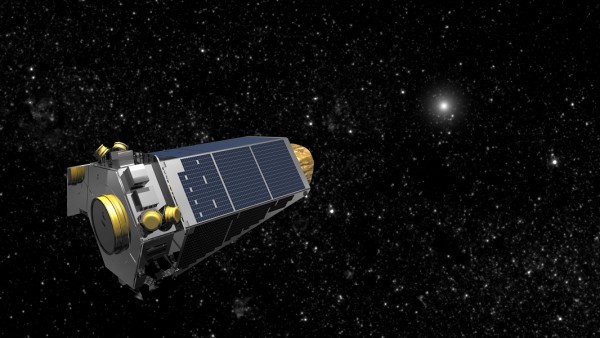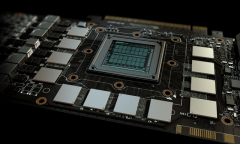By Jake Ke, | May 04, 2016

The Kepler Space Telescope already detected more than 5,000 planet candidates where 1,041 of them are confirmed.
A new rocket startup is being kicked off by the two founders of SpaceX. They are planning to build a rocket for microsatellites. The Vector Space Systems will build launch vehicles to push microsatellites into orbit.
According to Engadget, Vector Space Systems will help microsatellites by building launch vehicles. It recently announced an investment of $1 million for this purpose. Vector's first rocket is still in the development process. Post completion, the rocket will be projected to carry a weight of 5 to 50kg of cargo (11 to 110 pounds). The cost of this is estimated to be around $2 to $3 million per rocket. This is considered ideal for microsatellites that are lighter, ranging from about 20 to 200 pounds.
Like Us on Facebook
Vector offers a lesser cost solution for microsatellite deployment, about $60 million per Falcon 9 launch. The WhiteKnight airplane lifter of Virgin Galactic is planned to be used to deploy from orbit. Google and Fidelity as well have co-invested in SpaceX to deploy its own machine for $1 billion.
Elon Musk said that the new office of SpaceX in Seattle will be dedicated solely to the satellite Internet service. OneWeb also announced investments by them from Qualcomm and Richard Branson's Virgin Group. Google's Fiber initiative since 2012 (when it was created) saw some success, proving the company's efforts to improve the Internet and the access to the Internet in rural areas.
A lot of testing is still left to be done by Vector. The company also claimed that some of its prototype rockets have already flown without any problems up to a height of about 100,000 feet. Vector's major plan is to kickoff its first demonstration flight of the fully built rocket during this summer. It is expected to reach the orbital flight by 2018.
-
Use of Coronavirus Pandemic Drones Raises Privacy Concerns: Drones Spread Fear, Local Officials Say

-
Coronavirus Hampers The Delivery Of Lockheed Martin F-35 Stealth Fighters For 2020

-
Instagram Speeds Up Plans to Add Account Memorialization Feature Due to COVID-19 Deaths

-
NASA: Perseverance Plans to Bring 'Mars Rock' to Earth in 2031

-
600 Dead And 3,000 In The Hospital as Iranians Believed Drinking High-Concentrations of Alcohol Can Cure The Coronavirus

-
600 Dead And 3,000 In The Hospital as Iranians Believed Drinking High-Concentrations of Alcohol Can Cure The Coronavirus

-
COVID-19: Doctors, Nurses Use Virtual Reality to Learn New Skills in Treating Coronavirus Patients













